New Texts Out Now: Lana Tatour, “Citizenship as Domination"
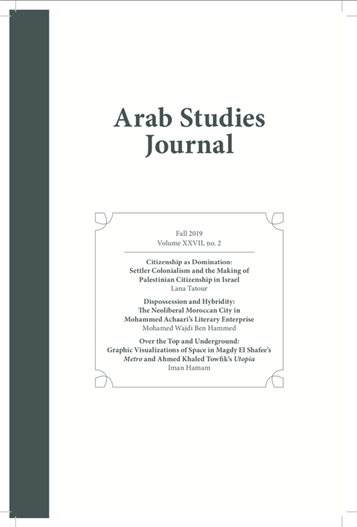
Lana Tatour, “Citizenship as Domination: Settler Colonialism and the Making of Palestinian Citizenship in Israel,” Arab Studies Journal XXVII no. 2 (2019).


Lana Tatour, “Citizenship as Domination: Settler Colonialism and the Making of Palestinian Citizenship in Israel,” Arab Studies Journal XXVII no. 2 (2019).
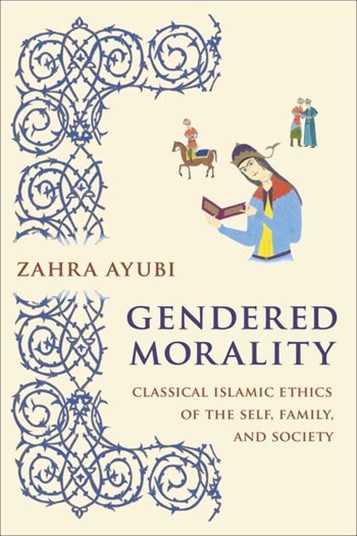

Engaging Books is a returning series that features books by various publishers on a given theme, along with an excerpt from each volume. This installment involves a selection from Stanford University Press on the theme of Transregional Connections in the Middle East and Central Asia. Other publishers’ books will follow on a monthly basis.

The Political Economy Project (PEP) is pleased to invite nominations for our 2020 Middle East Political Economy Book Prize. PEP aims to recognize and disseminate exceptional critical work on the political economy of the Middle East. While the book must have a political economy theme, we welcome nominations from across academic disciplines. Submissions will be read and judged by a committee drawn from PEP’s membership. Eligible texts must have been published in 2019 and can be either Arabic or English language. The book must make an original contribution to critical political economy research. The author(s) of the winning book will receive a prize of US$1000 and will be invited to give a talk at a PEP affiliated University. The author(s) will also be interviewed by the Arab Studies Institute’s Audio Magazine, Status/الوضع.
The deadline for submission is 30 June 2020.
If you intend to participate, please notify us at:
bookprize@politicaleconomyproject.org.
To be considered, you must send an electronic copy of the book to bookprize@politicaleconomyproject.org or two hard copies to the address below. One copy will be returned once the committee has reached a decision.
Arab Studies Institute
4260 Chain Bridge Rd, Suite A6
Fairfax, VA 22030
politicaleconomyproject.org
One copy will be returned once the committee has reached a decision. More information can be found on our Website, www.PoliticalEconomyProject.org. Those who have already submitted their texts will also receive them, precluding one copy, once the competition is over.
This Book Prize Competition is co-sponsored by the Middle East Studies Program at George Mason University.
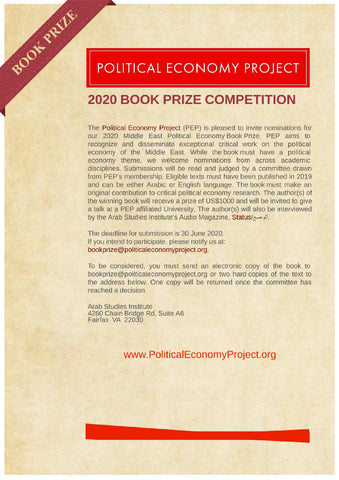
The second MESPI newsletter is now available! This issue features articles on the University of California - Santa Cruz strikes, an analysis on the impact of COVID-19 on the future of Middle East Studies, and a roundtable on teaching the Middle East from the region.
Click here to read the newsletter in its entirety.
Should you be interested in contributing to the newsletter, please email us at newsletter@mespi.org

As most teachers, students, and researchers find themselves cut off from physical access to their offices and libraries, Arab Studies Journal is pleased to make the following articles available for free download as PDFs.

We are happy to announce the first issue of the MESPI Newsletter, featuring articles, interviews, updates on our field, pedagogic news, and more! Click here to read the newsletter in its entirety. Should you be interested in contributing to the newsletter, please email us at newsletter@mespi.org
The Middle East Studies Pedagogy Initiative (MESPI) is a curated interactive platform for Middle East studies resources, specifically tailored for the needs of teachers, researchers, and students. It is a one-stop-shop for course design on the macro level, lesson planning on the micro level, and for scholarship vis-a-vis specific topics, countries, and disciplines. The MESPI project strives to reorient the way educators and students research, learn, and teach the Middle East. For more information, visit www.MESPI.org




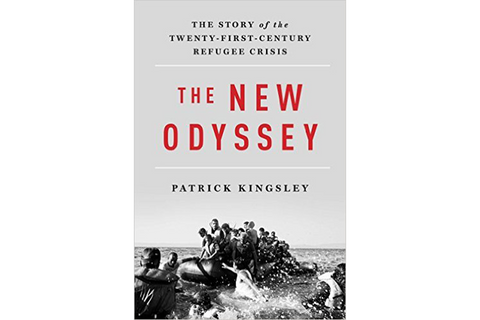
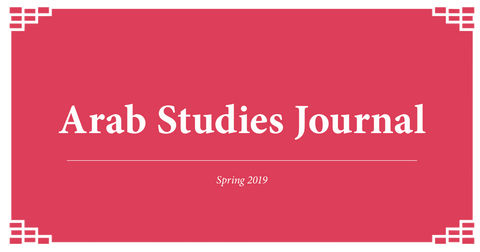
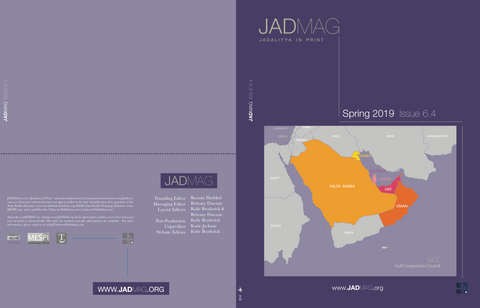

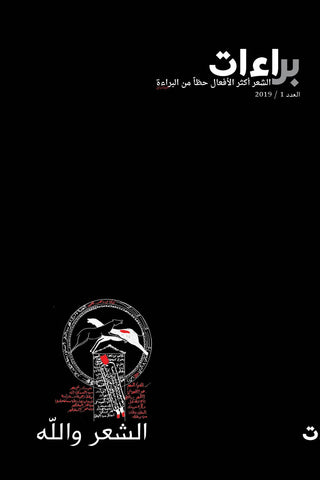







We are proud to feature a diverse array of disciplines and approaches in this issue. In “The Nahda in Parliament: Taha Husayn’s Career Building Knowledge Production Institutions, 1922-1952” Hussam R. Ahmed traces the bureaucratic and institutional force of one of the most influential intellectuals of the twentieth century. He reveals new ways to think about the ties between intellectual work, knowledge production, pedagogy, and the Egyptian state. In “‘Jerusalem, We Have a Problem’: Larissa Sansour’s Sci-Fi Trilogy and the Impetus of Dystopic Imagination,” Gil Hochberg offers a reading of both the colonial legacies of the sci-fi genre and the potential for its radical upending. Hochberg ponders the question of Palestine in a futuristic post-factual and post-national time of becoming.